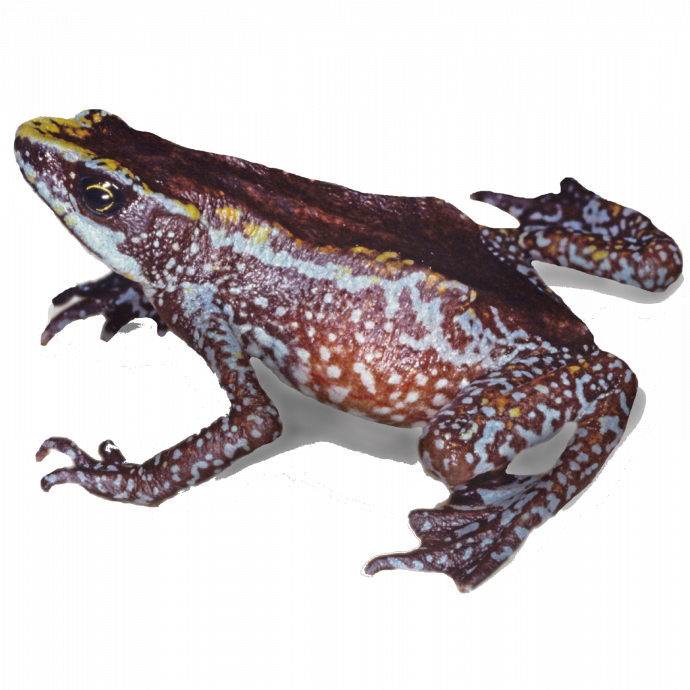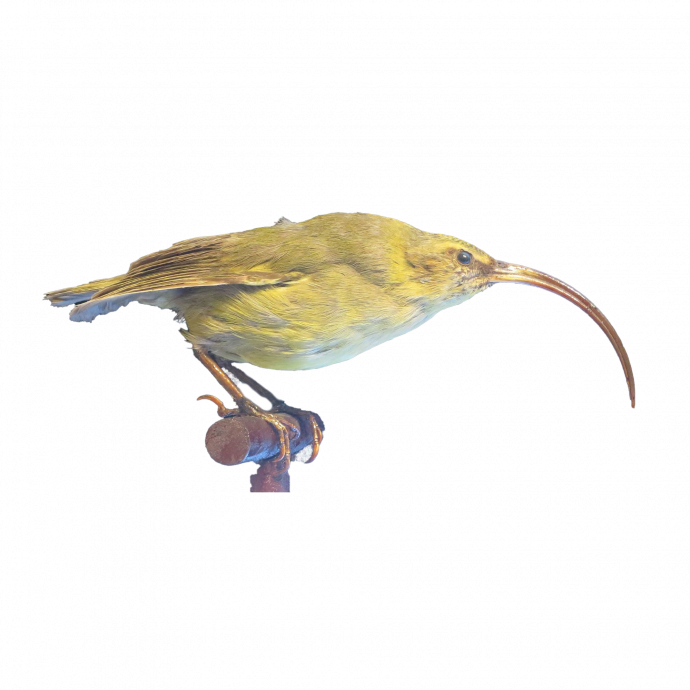


The World
Can't Wait
Body
COP15 was originally due to take place in October 2020 but has been postponed multiple times. It’s currently scheduled for October 2022. During the two years that this meeting has been delayed, the disastrous impact of human activity on life on earth has intensified.
More than 100,000 species are likely to have become extinct since the original date for this crucial meeting which aims to produce an agreement among world leaders on how to halt the decline in biodiversity. There have been two whole years of inaction at a time when, if we want to prevent species and ecosystems from vanishing forever, we don’t have a moment to lose.
2021 was one of the seven warmest years on record with severe heatwaves and extreme temperatures in much of the world. Fueled by the heat, catastrophic wildfires engulfed everything in their path. Human lives were lost and homes destroyed, while millions of wild animals and their habitats were wiped out.
Who We've Lost
During the two year delay to the meeting, individual species that were officially declared extinct include the St Helena darter dragonfly (Sympetrum dilatatum), found only on St Helena, a tiny volcanic island in the South Atlantic Ocean; the Chiriqui harlequin frog (Atelopus chiriquiensis once abundant but no longer found in Costa Rica and the Kaua’i akialoa (Akialoa stejnegeri), a rare and unique bird from Hawaii, declared extinct in September 2021.

Chiriqui Harlequin Frog
Declared extinct in 2021

Kaua’i Akialoa
Declared extinct in 2021

Species lost
since Oct 2020
While these species may not be household names, they were all an integral part of the complex ecosystems that keep our planet healthy. Every loss of a species, however small, is another nail in the coffin of the natural world.
Take Action
Every day, all across the world, animals, plants and ecosystems are losing out to the disastrous impacts of human activity. We’re constantly warned that the clock is ticking and time is running out to reverse the effects of climate change and biodiversity decline – but it’s not too late. IT’S TIME TO ACT NOW - MAKE YOUR VOICE HEARD!
In the build up to the COP15 we are gathering and collating messages from people all across the world calling on world leaders to heed the public’s concerns and take decisive action to save the natural world while there is still time.

